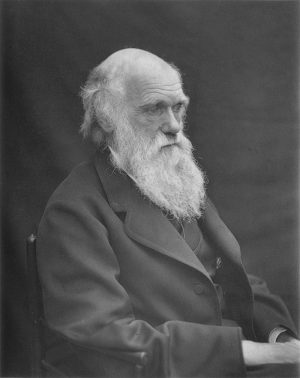Charles Robert Darwin is widely regarded as one of the most famous biologists in history, credited for his theory of evolution by natural selection. His idea that all life came from a common ancestor was detailed in his book, On the Origin of Species, published in 1859. Darwin proposed that variations of a species were born from their necessity to survive in their corresponding environments. Today his theory is widely perceived to be fact.
Darwin’s many contributions to evolutionary sciences did not come without obstacles. The biochemist Anthony Campbell and researcher Stephanie Matthews wrote a paper entitled Darwin’s illness revealed, which covers the possible illnesses of the icon as evidenced in his correspondence with family members and colleagues. Medical professionals speculate that he had Crohn’s disease, Chagas’ disease, hypochondria, multiple allergies, or lactose intolerance which caused his vomiting, depression, and skin problems for 40 years before his death. He had twenty doctors, but none found the reason for his afflictions.
His health problems and strong work ethic did not hinder Darwin from closely caring for his family of 9 (three of his ten children had died before adulthood). He passed away in the presence of his wife and children on April 19, 1882, in their home at Down House, London. Darwin was ill from “angina pectoris,” a disease of the heart called “coronary thrombosis,” resulting in heart failure and anginal attacks. He was 73 years old.
His last moments were described in his wife’s chronicle about the event in Reminiscences of Charles Darwin’s Last Years. He spoke to his lover and first cousin, Emma Wedgwood, about how he was not fearful of death but thankful for all of his loved ones. Darwin said, “Remember what a good wife you have been to me—Tell all my children to remember how good they have been to me.” His children, Henrietta and Francis, constantly took care of their father in his last days. As he was dying, he consoled them by saying, “It’s almost worthwhile to be sick to be nursed by you.”
Darwin thought he would be buried at St Mary’s churchyard in Downe. However, his monumental contributions to evolutionary science prompted his contemporaries to honor him by laying him to rest in Westminster Abbey instead. His remains were placed near that of the equally iconic scientists Isaac Newton and John Herschel. Numerous family members, friends, and esteemed colleagues attended Darwin’s funeral. It was held on April 26, 1882.
